The issue of school registration and government funding has once again taken center stage after a recent audit revealed that 29 schools were excluded from receiving state capitation funds due to problems in their registration records.
This finding has raised serious concerns about how some schools continue to operate without proper verification or oversight from the Ministry of Education.
Education Cabinet Secretary Migos Ogamba explained to the National Assembly Committee on Education that the affected schools were discovered during a nationwide verification exercise meant to identify non-existent institutions and ghost learners.
The ministry launched the exercise to clean up the education database, which has been plagued by inflated enrolment figures and irregular registration practices. Ogamba said the goal is to ensure that public funds only reach legitimate schools serving real students.
The audit also revealed a much wider problem, with over 6,000 schools across the country ranging from primary to senior secondary level still failing to meet the requirements needed to access government funding.
According to Ogamba, some of these schools operate below the minimum student population threshold, with some enrolling as few as 45 pupils. Such low enrolment figures, he said, make it difficult to justify their inclusion in the state funding program meant to support viable learning institutions.
What has raised more concern, however, is that the 29 schools which were denied funding had already registered learners for national examinations such as KPSEA, KJSEA, and KCSE.
Despite their registration, they were not captured in the ministry’s funding database, leaving questions about how the system allowed them to reach that stage. Education Committee Chairperson Julius Melly criticized the ministry over what he described as poor coordination and oversight.
“Someone is sleeping on the job,” Melly remarked. “If the schools were cleared to register candidates, then the ministry must ensure those learners sit their exams without disruption.” His comments reflect the confusion and frustration among parents and education stakeholders who now fear that learners from the affected schools could be disadvantaged during national exams.In his defense, CS Ogamba maintained that the ministry could not release any money to schools that are not properly registered or verified.
“At the moment, we cannot verify whether these 29 schools have genuine candidates. They are not in the system, and certain issues must first be resolved,” he said.
Ogamba added that the ministry’s strict verification process aims to protect public resources from misuse and ensure that only legitimate institutions benefit from government support.He further disclosed that the ministry is facing a Ksh.3.2 billion funding shortfall required to facilitate the remaining national examinations scheduled for 2025.
This budget gap adds to the ministry’s challenges, especially at a time when the education sector is already struggling with delays in disbursement of capitation funds and increased operational costs.
The revelation has once again sparked debate on accountability within the education sector, highlighting the urgent need for better data management and coordination between different departments of the ministry.

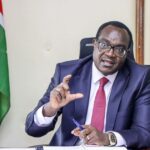





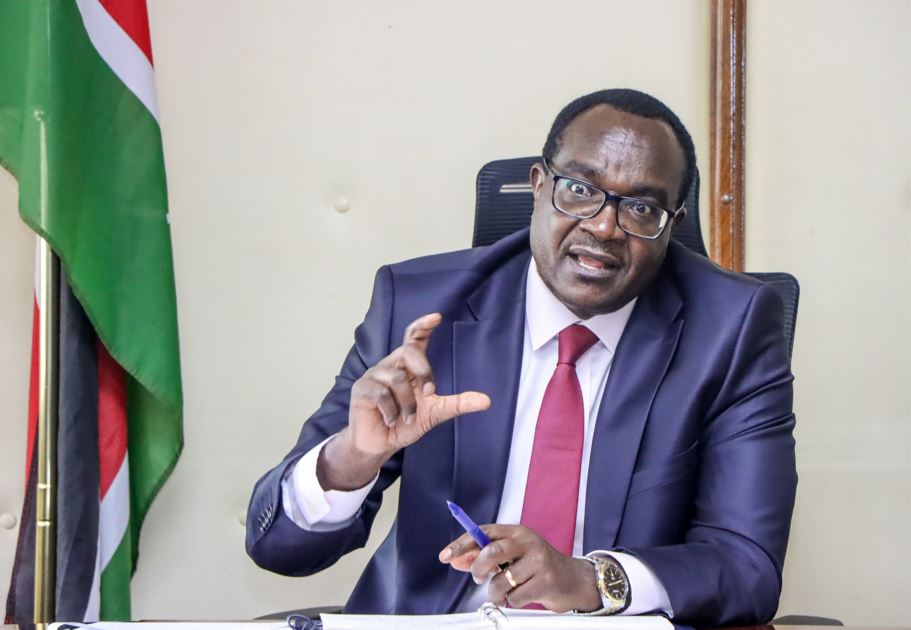

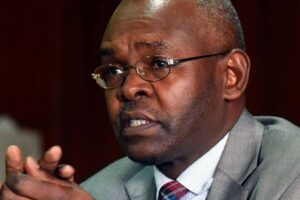
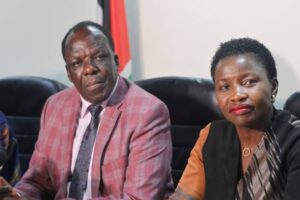


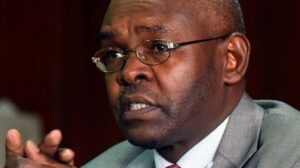
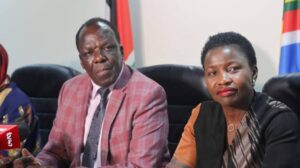
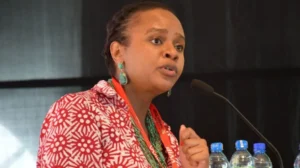


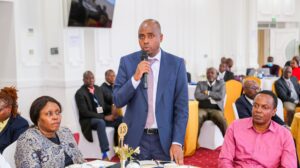


Add Comment